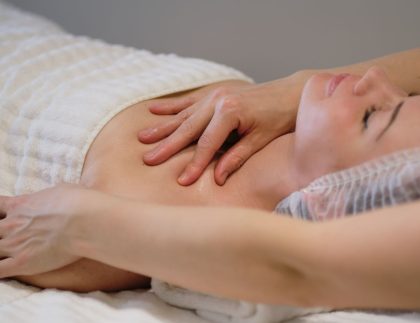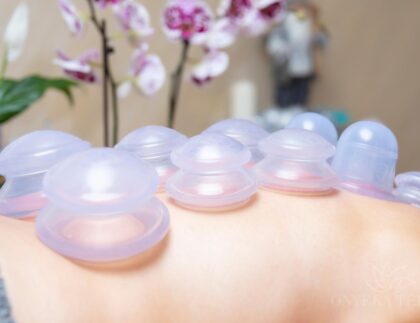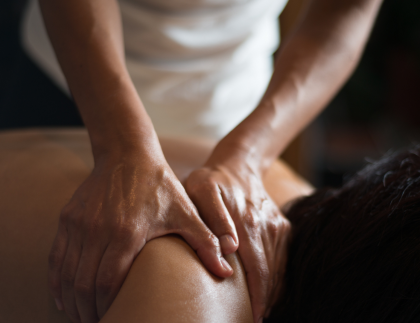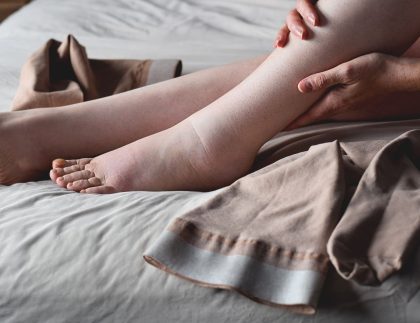Water is versatile and can easily be changed into ice or vapor. Regardless of the form, it is useful in all its forms. There are many benefits of hydrotherapy as it relates to massage. Hydrotherapy supports many of the benefits and effects of massage. These include client’s pleasure and comfort received through hydrotherapy applications. It offers soothing comfort, ensures the client stays warm, promotes relaxation and a feeling of well-being. Hydrotherapy involves the use of cold, ice, hot, or steam water to relieve pain and promote physical well-being.
Benefits
Hydrotherapy makes use of the body’s reaction to the pressure exerted by the water, to hot and cold stimuli, to the sensation of the water itself. Additional benefits of hydrotherapy include:
- Treatment to relieve or reduce long-lasting or sudden pain
- Increase the elimination of waste assisted by detoxification
- Help to loosen tight, tense muscles and encourages relaxation
- Increase the digestion activity and metabolic rate
- Hydration of the cells and improvement of muscle and skin tone
- Help to boost the immune system allowing it to function more efficiently
- Stimulating the blood supply improving the function of the internal organs
- Help with rehabilitating injured limbs, treat burns and frostbite, lower fevers, soothe sore or inflamed muscles and joints, soothe headaches, clear up skin problems, ease labor pains, and promote relaxation
In addition to the benefits mentioned above, hydrotherapy has positive effects physiologically, psychologically, reflexively, mechanically. It also as effects from dissolved substances and from specific temperature. With all the different positive effects of hydrotherapy, there are many different applications in which water can be used for therapy.
Types of Hydrotherapy
Hydrotherapy applications can be classified as external or internal. In external hydrotherapy application, water or ice is applied to the body or through full immersion of the body into water. These applications also make use of different temperatures depending on the intention of the outcome or treatment session. The use of hot water assists with relaxing muscles and causing sweating. This is helpful for conditions such as poor circulation, sore muscles, arthritis, and rheumatism. The use of cold water helps by stimulating the underlying blood flow in the skin and muscles. There is another type of external hydrotherapy called fomentation. This is the use of moist heat. This type of treatment is used to help with conditions such as flu, arthritis, or chest cold whereas cold compresses or ice packs help with headaches, dental surgery, or sprains.
With internal hydrotherapy, this type of application includes enemas and colonic irrigation. Colonic irrigation is a type of enema that is used to treat digestive problems. Another form of internal hydrotherapy is douching. This form involves directing a stream of water into the vagina for cleansing purposes.
Contraindications
There are several conditions that make hydrotherapy treatment contraindicated for the client. The list below identifies conditions where hot applications of hydrotherapy is contraindicated. These include:
- high or low blood pressure
- acute injury or inflammation
- Heart Condition
- Circulatory conditions
- Pregnancy
- Burns (including sunburn)
- History of CVA (stroke)
- Systemic conditions (Lupus)
- History of seizure
- Diabetes
- Varicose veins
- Open wounds or skin conditions
- Phlebitis
- Edema
- Rheumatoid arthritis
- Obesity, debility, or weakened condition
- Certain cancers or cancer treatments
- Decreased sensory awareness
- Mental conditions
- Autoimmune conditions
Additionally, the list below identifies the conditions that are contraindicated for cold hydro therapy conditions. These include:
- high or low blood pressure
- Heart Condition
- Circulatory conditions
- Pregnancy
- History of CVA (stroke)
- Diabetes
- Raynaud’s disease
- Hypothyroidism
- Poor kidney function
- Hypersensitivity to cold
- Open wounds or skin conditions
- Osteoarthritis
- Rheumatoid arthritis
- Obesity, debility, or weakened condition
- Certain cancers or cancer treatments
- Decreased sensory awareness
- Mental conditions
- Asthma
Overall, hydrotherapy has many different applications that are helpful in treating a myriad of conditions. Special attention should be given to the list of conditions where hydrotherapy is contraindicated for. I do offer some forms of hydrotherapy treatments. Contact me to find out more.
Sources:
Williams, A. (2015). Spa Bodywork: A Guide for Massage Therapists Second Edition. Baltimore, MD: Lippincott Williams & Wilkins.
Kerkar, P (n.d.). What is Hydrotherapy. Retrieved on January 23, 2019 from https://www.epainassist.com/alternative-therapy/what-is-hydrotherapy









